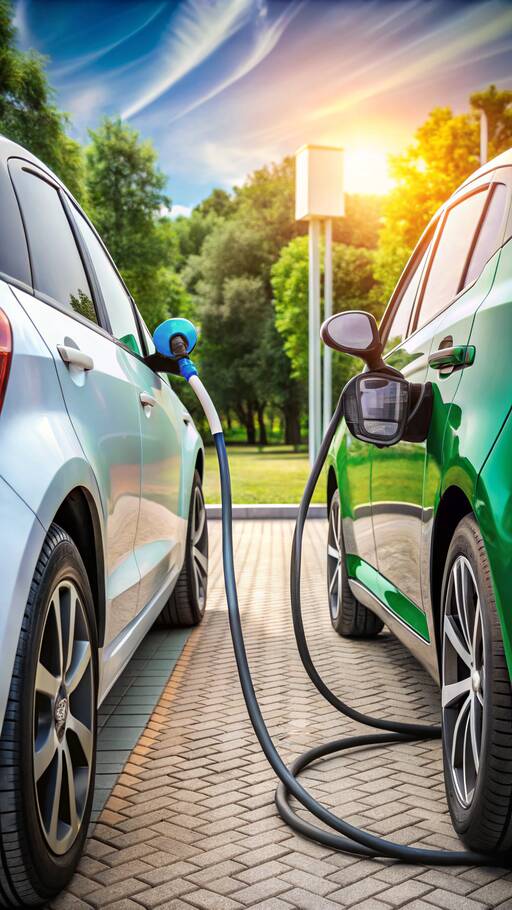
E-fuels are synthetic hydrocarbons created using water, captured CO2, and renewable energy. They promise to preserve traditional engines while reducing environmental impact.
- Raw Materials: They require air, water, and renewable energy.
- Process: E-fuels are produced using hydrogen from water electrolysis and carbon from direct air capture, combined through the Fischer-Tropsch process.
- Output: They result in carbon-neutral liquid hydrocarbons.
Paddy Lowe, former F1 engineer and founder of Zero Petroleum, advocates for e-fuels not to simply preserve internal combustion engines, but to fuel vehicles and systems not suited for electrification. Aircraft and large industrial machinery still depend on liquid hydrocarbons due to their energy density, which batteries and hydrogen can't match.
- E-Fuels’ Efficiency: E-fuels have significantly lower energy efficiency than batteries, losing about 55% of energy during production.
- Positives: They are advantageous when produced in energy-abundant areas, converting excess renewable energy into portable, storable fuel.
Currently, e-fuels are expensive due to high production costs. However, Lowe predicts that increased production efficiency and economies of scale could reduce costs to levels comparable with fossil fuels within a decade.
- Potential: Using solar panels to cover parts of Saudi Arabia could theoretically meet the current global fossil fuel demand, based on existing solar efficiency.
- Versatility: E-fuels are part of a broader energy strategy that includes renewable electrons and green hydrogen.
E-fuels present an intriguing, though challenging, complement to existing green technologies. While not a silver bullet, they offer a promising route to carbon neutrality in areas where electrification isn't feasible. Achieving economic viability for e-fuels will depend on technological advancements and strategic energy deployments.
In conclusion, just as Lowell's optimism fueled his dreams of Martian canals, optimism fuels the e-fuel vision. If successful, e-fuels could not only extend the life of cherished engines but also provide a crucial tool in the fight against global warming.